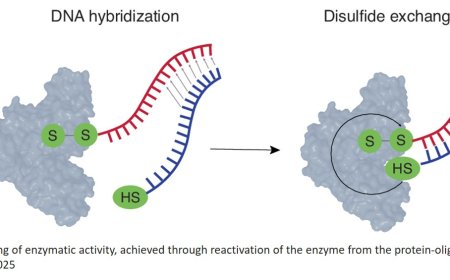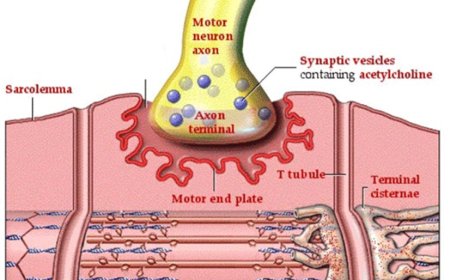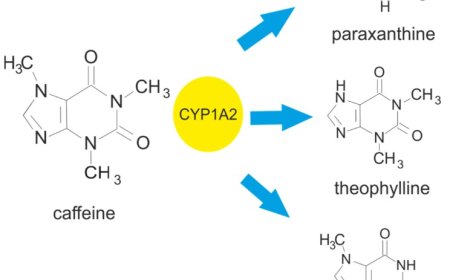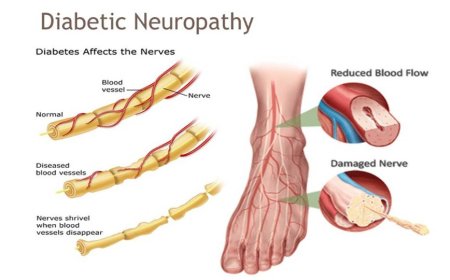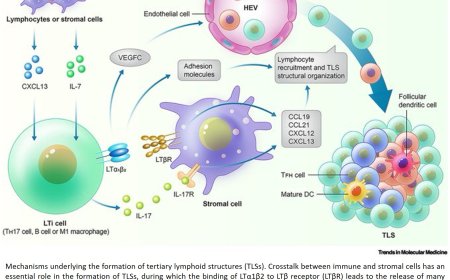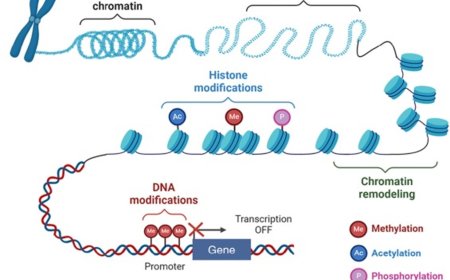How ventral hippocampus drives stress-induced anxiety

Molecular mechanism involved in chronic stress exposure mediated of anxiety disorders in hippocampal dysfunction is not well understood.
The researchers observed in this study an increase in the activity of hippocampal Rap1, a small guanosine triphosphatase, rather than its overall expression level, belonging to the Ras superfamily. Inhibition of Rap1 activity in the ventral hippocampus (vHPC) mitigated anxiety levels in a mouse f chronic restraint stress (CRS) anxiety model.
The authors show that Rap1 dysfunction in vHPC pyramidal neurons (PNs), but not in astrocytes or interneurons, contributed to anxiety-like behaviors in CRS model.
They also demonstrate that heightened Rap1 activity in vHPC PNs augmented their intrinsic excitability through Kv4.2 phosphorylation at the Thr607 site, which contributes to the onset of anxiety-like behaviors in mice following CRS.
https://www.science.org/doi/10.1126/sciadv.adt3163
https://sciencemission.com/ventral-hippocampus-drives-stress-induced-anxiety
